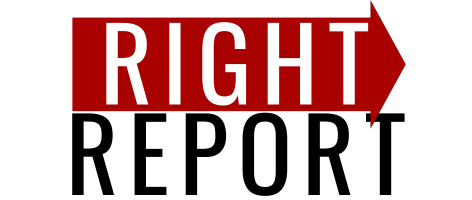Kamala Harris is morally opprobrious, pedantic and insultingly offensive on every quantifiable level. But, such is her kind. (Think: Hillary and the Obama woman.)
She cannot lie her way out of her track record. We were here the past three-plus years. We’ve watched her fan the flames of anti-law enforcement sentiment. We were watching when she self-identified as an Indian, until desperation set in and she felt compelled to imitate Rachel Dolezal. Then, faster than the Obama woman can chug down vodka while complaining about how hard it is for her in America, because of racist old white men: zing, bam, boom – and Harris is suddenly black with several different accents.
As I have explained countless times about Marxism, which for her has become a theology: The removal of tradition and history is one of its five key social objectives, because as Marx wrote: “In bourgeois society, the past dominates the present; in Communist society, the present dominates the past.” (See: “Malcolm X Was Talking About Harris and Obama,” Oct. 18, 2024)
Which brings me to her repeated falsities regarding her responsibility for the southern border. But first it is important for me to take you back to the history Harris wants ignored so she can preach without fear of contradiction, i.e., the Marxist theology of class-warfare and taxing the rich, without ever having to address the following truth:
In his March 2012 Discussion Paper No. 6423, titled, “The Shadow Economy and Work in the Shadow: What do We (Not) Know?,” Friedrich Schneider (Department of Economics, Johannes Kepler University of Linz and IZA) wrote: Smith “defines [shadow economy] as market-based production of goods and services, whether legal or illegal, that escapes detection in the official estimates of GDP.” Put differently, one of the broadest definitions is: “… those economic activities and the income derived from them that circumvent or otherwise avoid government regulation, taxation or observation.” (P. Smith, 1994; “Assessing the Size of the Underground Economy: The Canadian Statistical Perspectives,” Canadian Economic Observer, Catalogue No. 11-010, pp. 16-33.) […]
— Read More: www.wnd.com
Don’t just survive — THRIVE! Prepper All-Naturals has freeze-dried steaks for long-term storage. Don’t wait for food shortages to get worse. Stock up today. Use promo code “jdr” at checkout for 35% off!


